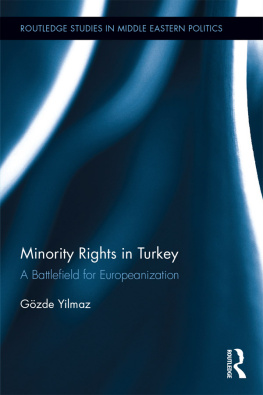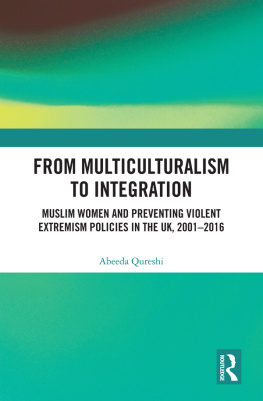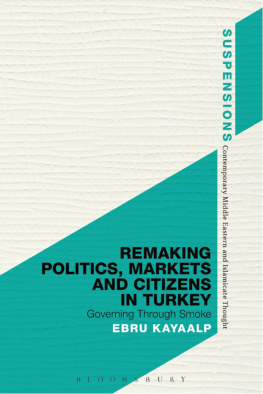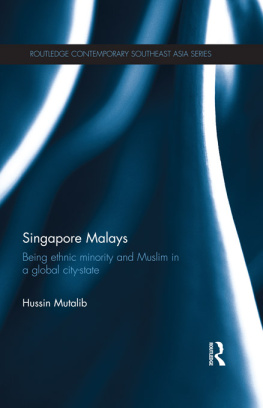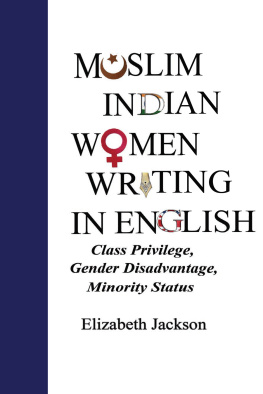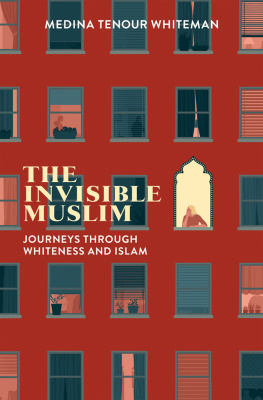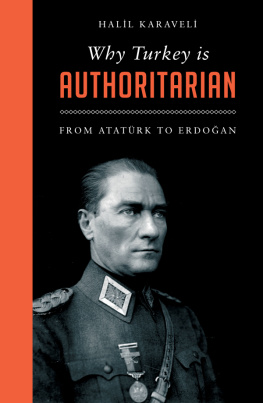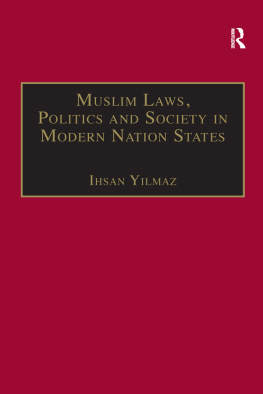
Lejla Voloder is a teaching associate in anthropology at the University of Melbourne and former visiting research fellow in the Department of Sociology, Boazii University, Istanbul. She is the author of
A Muslim Diaspora in Australia (I.B.Tauris, 2017) and co-editor (with L. Kirpitchenko) of
Insider Research on Migration and Mobility: International Perspectives on Researcher Positioning (2014).
Voloder brings us a superbly rich anthropological account of an overlooked minority in Turkey. With great attention to detail, she offers a fine-tuned reflection on the day-to-day experiences of Bosniaks in Turkey. This is a pioneering work and hopefully will encourage more to follow.
Professor Ibrahim Sirkeci, Director, Centre for Transnational Studies, Regents University London, UK
While far, far more Bosniaks or Bosnian Muslims live in Turkey than in Bosnia-Herzegovina, there remains scant knowledge, and few studies, of this large population in Turkey and its melancholic relation to Bosnia. Lejla Voloders penetrating ethnography into a small Bosniak community in Istanbul recovers lost kinships and shared folklore, bearing witness to the persecution and waves of forced migration of Bosniaks from Yugoslavia, and then recounting the collective trauma of that history. Most importantly, the research depicts the cultural significance of being Bosniak in terms of both the Islamic faith and social identity. This restorative study bridging Bosniaks in Turkey and former-Yugoslavia opens the door to future research on this very crucial subject for all Balkan scholars.
Keith Doubt, Professor and Chair, Department of Sociology, Wittenberg University, author of Through the Window:Kinship and Elopement in Bosnia-Herzegovina (2014)

For Selma Selmanovic
CONTENTS
This book presents an original work comprising data, notes of observations and transcriptions of audio recordings made in the course of postdoctoral research conducted in Australia, in Bosnia and Herzegovina and in Turkey. I conducted the fieldwork in 2010 in Turkey. For six months of that year I resided in a number of households in which I observed and participated in the daily life of the householders some of these householders and some of their visitors agreed to be research participants and it was these whom I interviewed about their migration, their engagement with questions of identity, and their belief and practice of Islam. This book centres on the time I spent within one household, and some select notes and transcriptions of recordings are offered here. The householders and I spoke to each other in the Bosnian language. The reader will note inconsistencies in the manner in which some people referred to themselves: at one point they would say they were Yugoslav, at another point they would say they were Bosnian and then, later, they would contest that and assert that they were of Sandak and not Bosnia; and yet later again they would refer to themselves as part of the Bosniak ethno-linguistic religious group. These are not errors per se: each of these modes of identification is voiced in order to relay something about a relationship to a country or countries, to ethnic communities or to other individuals. When I have considered it necessary, I have clarified the meaning in the body of the text; at other times elaboration is provided in the notes.
In honouring the agreed-upon terms for confidentiality, I refrain from providing details about the specific neighbourhoods in which the research participants and I resided. Again, for reasons of confidentiality I do not use the real names of research participants.
I was the recipient of an Endeavour Award Fellowship, which funded my fieldwork in Turkey. Staff from the Anthropology Department at Monash University in Australia helped with my application for this award. Staff from the Department of Sociology facilitated my Visiting Research Fellow status at Boazii University in Turkey.
Research and writing were supported by many people. I am indebted to all who, each in their own respective way, made a contribution facilitating the production of the manuscript.
I affirm that all citations within this text are, to the best of my knowledge, properly acknowledged.
My dear! Youve come! beamed as she stretched out her then strong arms, wrapped them tightly around my neck and planted countless kisses on my cheeks. You are my sister! You are my kin! she told me excitedly and blushed as she gazed into my eyes and then searched my face looking for a resemblance.
She had embraced me as sister even though my status was that of a relative stranger, and a stranger who was a distant relative. Abla and I, we had been told, were distant cousins. This was our first meeting and at this first encounter she embraced me emotionally and physically because we were kin.
You are staying with us there is no question about it! she said. When I replied that I had made arrangements for accommodation, she raised her nose in the air dismissing my explanation, for she did not want to accept or hear anything that was to the contrary. Abla was still holding onto me as we spoke and in an instant she gently pushed me away from her while holding both my shoulders so that she could look me up and down. After a seeming nod of approval, she grabbed the suitcase from my grasp, flung it to her husband, Rahman, and then interlinked her right arm with my left, and led me out of the airport toward the parking lot and their car.
This greeting took place at Istanbul Atatrk airport after my 20-odd-hour journey out of Australia. I was in Turkey to do research. My research concerned the migration of people who constituted the Bosniak ethno-linguistic minority in Turkey. The conditions of my research funding stipulated that I needed to be welcomed at the airport a more heart-warming welcome could not have been arranged nor anticipated. After the flight, I felt exhausted and dishevelled. My eyes were drawn in admiration toward the flight attendants who walked past and who, even after a long-haul fight, continued to look elegant and even flamboyant. My eyes and attention were drawn also to the depictions of Mustafa Kemal Atatrk. Despite looking neither flamboyant like the flight attendants nor commanding like the Ghazi, Abla had her own charm. Ablas buoyant stride and interest to talk, that is, the vitality of her being, shook me from my lethargic condition.
Abla held onto me tightly as we walked toward their car and she told me how she had been waiting excitedly for my arrival. She told me then, and was to repeat it numerous times throughout my stay, that I was the only blood-related kin she had seen in years. Since migrating to Turkey from the then Socialist Federal Republic of Yugoslavia some 20 years earlier, contact with her sisters and kin who remained in Yugoslavia had been limited. She was part of a household that comprised her husband, Rahmans parents, his brothers and their respective spouses and children. She said that she had longed for someone who would be exclusively her own. I was surprised that she created such distinctions between blood- and non-blood-related kin and that she expressed such closeness toward me. At that time I did not know what it meant for Abla to have someone of her own. Our relationship and her expectations of me unravelled over time.
We settled into the car: Rahman in the drivers seat and Abla in the front passengers seat. I and Jardin, who had accompanied me on the journey, settled into the back seat. Abla and Rahman completely ignored Jardin. Abla did not shake his hand, she simply said, Welcome and turned away from him. Rahman did shake hands with Jardin but did not engage in any conversation. They both seemed to focus their attention and affection on me.




